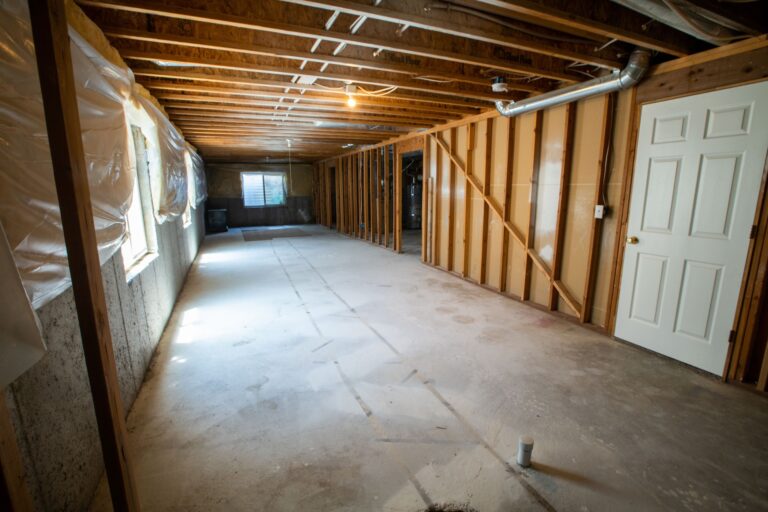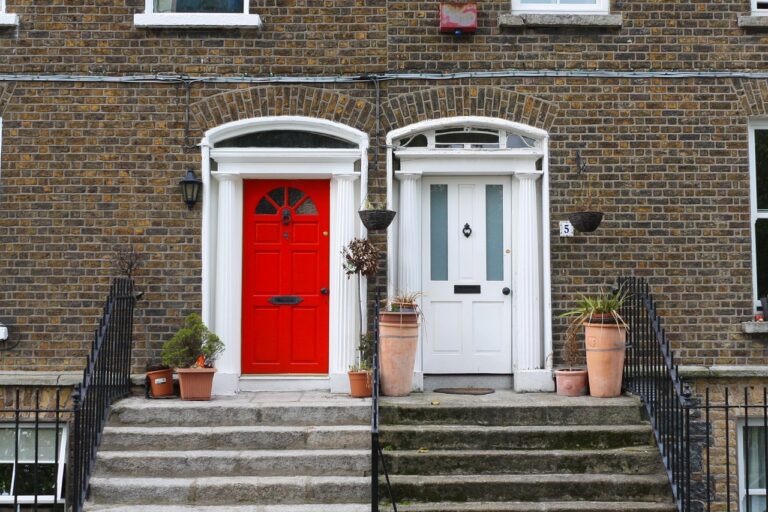In recent years, the threat of heavy storms and flash floods has become increasingly prevalent. As a homeowner, protecting your property from water damage is crucial, and one effective solution lies in the utilization of permeable paving. This innovative technique can significantly reduce stormwater runoff and its potentially devastating consequences. Here, we will explore the role of permeable paving in mitigating stormwater runoff and how it can help safeguard your home.

Understanding Stormwater Runoff
Stormwater runoff occurs when rainwater flows over impervious surfaces, such as traditional asphalt or concrete pavements, unable to penetrate the ground. As it accumulates, the water picks up pollutants, debris, and sediment, leading to increased flooding, erosion, and even contamination of water bodies. This not only poses a threat to your home’s structural integrity but also contributes to environmental degradation.
What is Permeable Paving?
Permeable paving, also known as porous or pervious paving, is a sustainable alternative to traditional impermeable surfaces. Permeable paving allows water to pass through its surface and into the ground below. This innovative paving solution is made of materials such as porous concrete, asphalt, or interlocking pavers with open joints.
Permeable pavings are commonly seen in areas that require effective stormwater management, such as driveways, parking lots, sidewalks, and patios. Their ability to absorb and filter rainwater helps prevent water runoff, reduces the risk of flooding, and protects homes from potential water damage.
How It Helps During Flooding
When rain falls on permeable paving, it seeps into the voids and is stored temporarily within the pavement structure. From there, the water gradually infiltrates the soil below, replenishing groundwater supplies and reducing the volume of stormwater runoff. By slowing down the rate at which water enters drainage systems, permeable paving reduces the risk of flooding and helps to alleviate strain on municipal infrastructure.
Permeable pavements also contribute to the protection of homes. They help to prevent water accumulation near residential structures. By allowing water to infiltrate into the ground, permeable pavements minimize the pooling of water around homes. This reduces the risk of water seeping into basements, causing structural damage, or infiltrating foundations, leading to dampness and potential mold issues.
Benefits of Permeable Paving

1. Stormwater Management
The primary advantage of permeable paving is its ability to manage stormwater effectively. By allowing water to infiltrate the ground, it reduces the volume and velocity of runoff, minimizing the risk of flooding and erosion.
2. Pollution Reduction
Traditional pavements contribute to water pollution by allowing rainwater to run off into storm drains, carrying with it various pollutants such as oil, chemicals, heavy metals, fertilizers, and debris. In contrast, permeable paving allows rainwater to infiltrate through the surface, filtering out pollutants and reducing the overall impact on the environment. By choosing permeable paving, homeowners can actively contribute to the reduction of pollution, creating a healthier and safer living environment for themselves and their community.
3. Groundwater Recharge
Traditional pavements prevent rainwater from reaching the soil, leading to a decline in groundwater levels. Permeable paving reverses this process by restoring the natural water cycle, allowing rainwater to recharge the underground aquifers.
4. Versatility
In addition to its environmental benefits, permeable paving also offers practical advantages for homeowners. It can be used in a variety of applications, including driveways, patios, walkways, and parking lots.
5. Heat Island Effect Reduction
Heat island effect refers to the higher temperatures experienced in urban areas due to the concentration of heat-absorbing surfaces like asphalt and concrete. By using permeable pavings, which allow water to infiltrate into the ground instead of creating runoff, the overall temperature of the area can be lowered.
6. Durability
The durability of permeable pavings ensures that they can withstand heavy foot traffic and vehicle loads without cracking or deteriorating. This makes them a long-lasting solution that requires minimal maintenance over time.
7. Aesthetics
Permeable pavings come in various aesthetically pleasing designs and colors, allowing homeowners to enhance the curb appeal of their properties while also providing effective water management. Its versatility and aesthetics make it a popular choice for those who want to enhance the visual appeal of their homes while also protecting them from water damage.
Implementing Permeable Paving for Your Property
If you’re considering permeable paving for your property, it’s essential to consult with professionals experienced in its installation. They will assess the site’s conditions, recommend the appropriate materials, and ensure proper design and construction.
The Bottom Line
Protecting your home from water damage is a top priority, especially in areas prone to heavy storms and flash floods. By embracing permeable paving, you can significantly reduce stormwater runoff, mitigate flooding risks, and contribute to a more sustainable environment. This innovative solution not only benefits your property but also helps preserve our precious water resources. Invest in permeable paving today and take a proactive step towards safeguarding your home.







